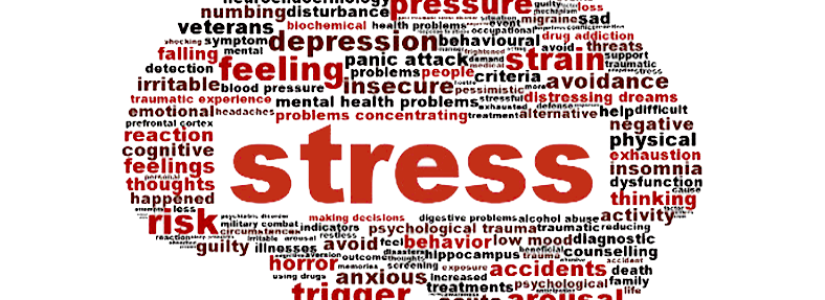CT- scan and MRI centers in Kathmandu
6 November, 2020CT- scan and MRI centers in Kathmandu...
Read More
What is stress?
It is a feeling of tension or pressures both physically or emotionally that we cannot cope with our daily lives.
There are two types of Stresses: Positive/ healthy stress and negative/ harmful stress.
Causes of stress
The causes of stress are known as stressors. Stressors can be physical or emotional. These can be events, situations, people or demands.
The most common stressors include:
Effects of stress
|
Mental |
Physical |
Emotional |
|
|
|
Response of body to stress
The body’s reaction to stress is known as General Adaptation Syndrome (G.A.S). There are three stages to GAS:
First Stage (Alarm reaction)
Body release hormones to combat the stress -“Fight or Flight response”
Once the cause of the stress is removed, the body will go back to normal. If the cause for the stress is not removed, G.A.S will go to its second stage.
Second Stage (Resistance or Adaptation reaction)
Body release further hormones and other chemical substances to maintain the homeostasis. If this adaptation phase continues for a prolonged period of time without rest in response to stress, the body will be prone to the following reactions:
Third Stage (Exhaustion reaction)
The body has run out of its reserve of body energy and immunity from alarm and resistance stage. The blood sugar levels decrease that leads to:
|
Consequences |
||
|
Harmful Behavior |
Psychological symptoms |
Physiological Symptoms |
|
|
|
|
|
|
|
|
|
|
|
|
What are ways out?
Coping with stress
There are two types of coping strategies: Problem-focused and Emotion-focused.
Problem-focused – solve by seeking information, changing our own behavior, or take necessary actions.
Emotion-focused – deal with emotional distress, like seeking support and sympathy or avoiding or denying the situation.
Take a break to reduce stress
Leave a comment